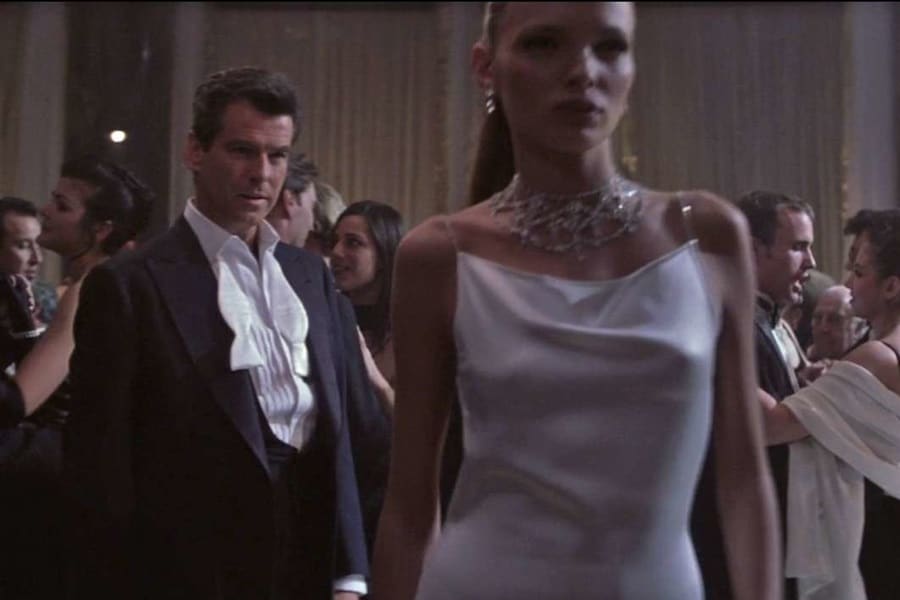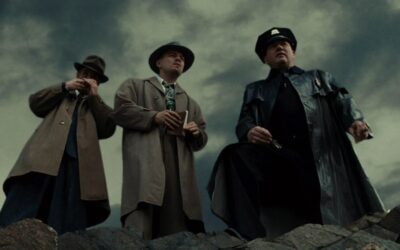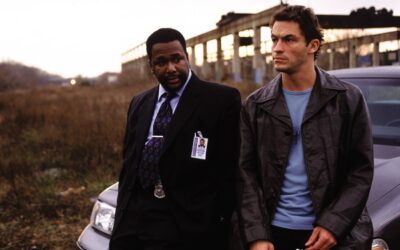
Criminal Professions
The world of crime fiction is a treasure trove of peculiarities, not least among them the wide array of criminal professions that authors and screenwriters have conjured up over the years. While the average person might think of burglars or hitmen when crime comes to mind, the genre has expanded far beyond these archetypes, delving into a realm where creativity and criminality intertwine in the most unexpected ways.
Take art thieves, for instance. They’re a breed apart in the criminal underworld, often glamorized for their finesse and taste. Consider The Thomas Crown Affair, both the 1968 and 1999 versions, where the suave protagonist pulls off a high-stakes art heist. Then there’s The Goldfinch, a novel by Donna Tartt, which delves into the aftermath of an art theft, weaving a complex tale of loss, love, and the dark underbelly of the art world. These characters aren’t your run-of-the-mill burglars; they’re sophisticated, cultured, and often operate in a moral grey area that makes them fascinating to observe.
On the other end of the spectrum are the assassins, professionals of death, with their stories often shrouded in a mix of awe and dread. Books like The Day of the Jackal by Frederick Forsyth or films like Leon: The Professional portray these characters in a light that’s both terrifying and intriguing. They’re meticulous, skilled, and utterly devoted to their craft, making them some of the most compelling figures in crime fiction.
Then there are the con artists, masters of deception and manipulation. Catch Me If You Can, a film based on the real-life story of Frank Abagnale, showcases the audacious exploits of a young con artist who impersonated a pilot, a doctor, and a lawyer, all while evading the FBI. In literature, The Talented Mr. Ripley by Patricia Highsmith presents a chilling portrait of a con artist who morphs into a murderer, skillfully manipulating those around him to get what he wants.
Let’s not forget the fictional world of hackers and cybercriminals. In Mr. Robot, a television series, viewers are introduced to a complex web of cybercrime, hacking, and corporate greed. The protagonist, a cybersecurity engineer by day and vigilante hacker by night, reveals the thin line between hero and criminal in the digital age. Similarly, in Neuromancer by William Gibson, readers explore a cyberpunk world where a washed-up computer hacker is hired for one last job, delving into the dark corners of cyberspace.
Organized crime also has its unique professions. The Godfather series, both Mario Puzo’s novel and the iconic film adaptations, delve into the intricate workings of the Mafia, showing a world where loyalty, honor, and brutality coexist. Similarly, Gomorrah by Roberto Saviano exposes the gritty reality of the Camorra, a powerful Neapolitan mafia organization, detailing the lives of those caught in its web.
Some crime fiction delves into even more unusual professions. Consider the antiquarian book dealer in The Ninth Gate, a film where the search for a rare book leads to a descent into occult mysteries. Or the wine connoisseur in Bottle Shock, who becomes embroiled in a crime surrounding the world of fine wine. These characters bring a unique flavor to the crime genre, blending their specialized knowledge with a penchant for the illicit.
In the realm of spies and espionage, the lines between criminal and hero often blur. Tinker Tailor Soldier Spy, a novel by John le Carré and its subsequent film adaptation, plunges into the murky waters of Cold War espionage, where double agents and hidden agendas abound. The spies in these stories are not mere informants; they are masters of disguise, manipulation, and betrayal, operating in a world where trust is a rare commodity.
And then there are those who defy categorization, like the enigmatic Keyser Söze in The Usual Suspects. A criminal mastermind whose very existence is shrouded in myth, Söze represents the ultimate enigma in crime fiction, a character whose true nature and profession remain a mystery.
These characters and their unique professions have become integral to the tapestry of crime fiction, offering readers and viewers a glimpse into the darker corners of the human psyche. They challenge our notions of right and wrong, good and evil, drawing us into worlds where the line between legality and criminality is often blurred.
The most bizarre criminal professions in crime fiction remind us that the genre is not just about solving crimes or catching criminals; it’s about exploring the complexities of human nature. From art thieves to assassins, these characters provide a window into a world that’s both thrilling and terrifying, where the only constant is the unexpected.
More Crime Features
Literary Crime
Where Depth Meets Deceit
Criminal Fashion
Iconic Outfits and Styles in Crime Fiction
Ethics in Crime Fiction
Exploring Morality in Law and Order



